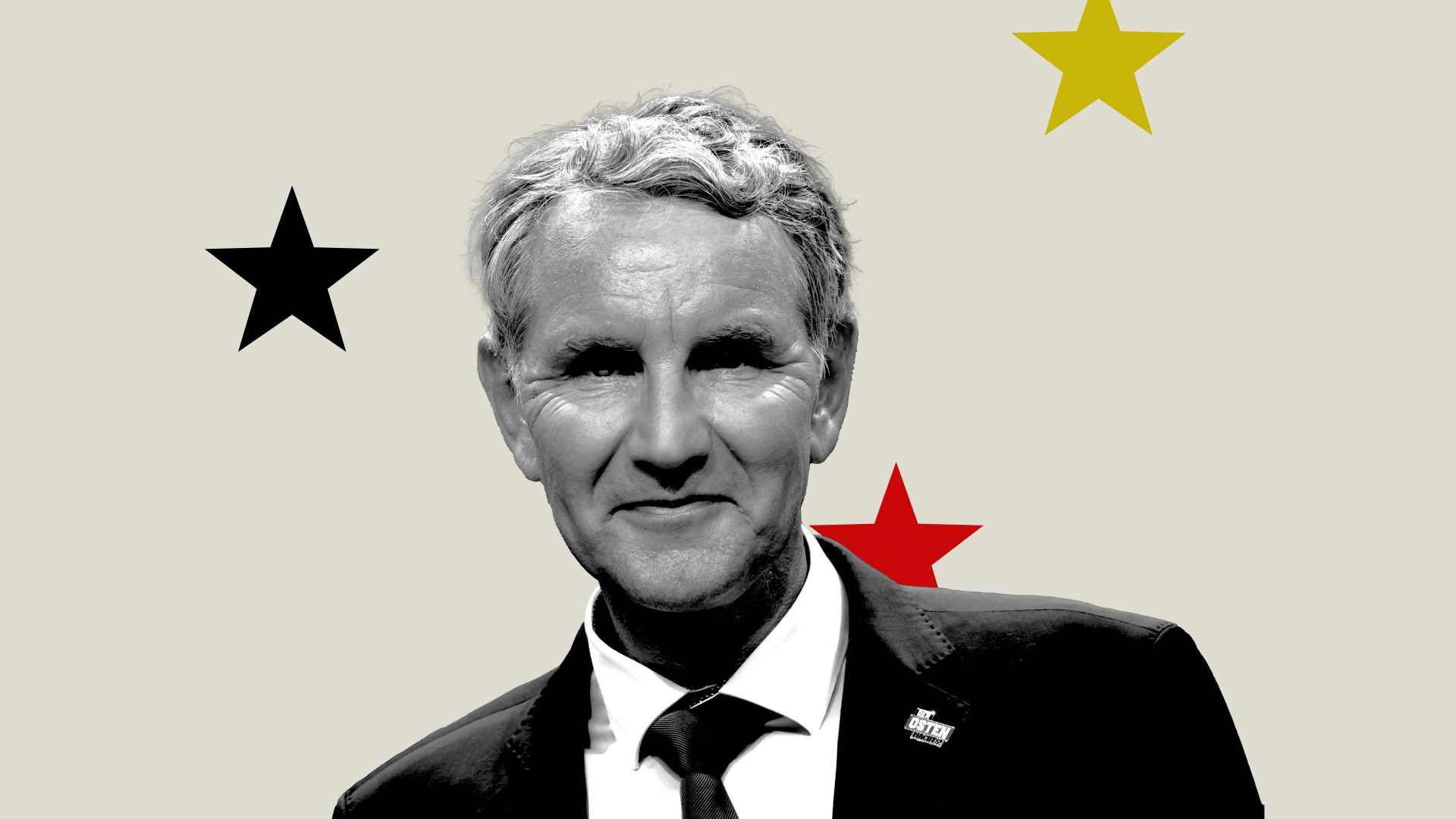The arrest of Pavel Durov, CEO of the Telegram messaging app, triggered a chorus of complaints from the libertarian right. Durov, who was detained at a French airport and is currently on bail, was accused of facilitating illicit transactions by organised criminals; complicity in the distribution of child-abuse images; and refusal to communicate with the authorities.
None of these acts are covered by media regulation – they are straight-up potential criminal offences under French law. Yet Durov’s arrest, hot on the heels of rampant online disinformation and incitement during Britain’s racist riot spree, highlights the total inadequacy of the way the internet is governed, both here and in the European Union.
During the riots, Telegram became the information weapon of choice for far-right activists. They named their targets, incited people to attack them, spread false information about the perpetrator of the Southport murders, egged each other on with fantasies of killing refugees and Muslims, and then shared video imagery of the violence.
The British authorities apparently managed to shut down one of the main channels inciting the violence, which had 20,000 users at the time I was able to monitor it.
Yet Telegram isn’t even on the list of the online services regulated by Ofcom under the Online Safety Act, passed last year. As for the ones that are – the big platforms like Facebook, Instagram, X and YouTube – the Act requires them simply to self-police for illegal content. Disinformation is not even covered by the OSA. Nor is it properly in force, with platforms being given months to come up with their self-policing plans.
Our online regulation system is, in short, useless given the scale of the threat.
For this was not regular far-right hooliganism: I’ve monitored that and even gone undercover on its mobilisations. The organised far right may put bacon on the doors of Mosques and picket Halal chip shops; and some have even invaded refugee hotels to harass the inhabitants. But they have never tried to set hotels on fire with people in them; nor have they routinely issued calls to do so.
Yet these extreme actions – incitement to murder, attempted murder, severe and uncontrolled violence, such as dragging the occupants of an Uber car out while chanting “kill them” – all took place in several towns at once. In the aftermath, some of the perpetrators have sat with their heads in their hands when shown video of what they did; many sounded as if they had just woken up from a dream.
And that’s the surest sign that this was a viral, mass psychological event, rooted in the power of networked communications. It is likely that the worst offenders had been trapped in an online alternative universe of delusion for weeks or months, where all rapes are perpetrated by migrants, where Covid was designed to exempt Jews, and where everything bad in the world has been plotted by a secret, global government.
How do we know this? Because that was the pattern discovered in the trials of America’s January 6 rioters: they had been drawn online into the normalisation of insurrection, summoned to a time and place, and stormed the Capitol as if it was an everyday thing to do. The only major difference between the Capitol Hill riot and what happened in Hull, Middlesbrough and Sunderland was the propensity of the British rioters to down 10 pints of cider and a nostril-full of cocaine beforehand.
So we need to act decisively and fast. The first problem is, even for content that is clearly illegal or harmful, the OSA treats each piece of information separately. Item by item, the regulator is supposed to decide whether the platform acted fast enough to take the content down, or to deprioritise it in the algorithm. It is like trying to deal with an air-raid bomb-by-bomb, rather than shooting down the ingressing aircraft.
The second problem with the OSA is that it has no provisions for crisis response. If the rioting had spiralled, or triggered retaliatory violence, there would have been no way for the government to order Ofcom to carry out major, pre-emptive shutdowns – even if the Act had been in force, which largely it is not.
Third, the only way deliberate disinformation can be prosecuted is if it takes place on behalf of a foreign power, under the National Security Act 2023, which has not been tested.
Remedying each of these deficiencies is well within the government’s remit. It should revise the OSA as soon as possible to include crisis response, demanding the regulator protect the public from the whole threat, not reactively piece by piece, and bring in a new provision to criminalise disinformation designed to incite hatred.
Ultimately, ours and other governments are going to have to get real about the existence of far-right billionaires determined to thumb their noses even at the pathetic regulation that already applies to them. Both Elon Musk and Rumble founder Chris Pavlovski defended Durov, claiming he is the victim of censorship. Throughout the riots Musk trolled the British government, claiming that “civil war” was inevitable, and he has compared the law and order crackdown against incitement to George Orwell’s Nineteen Eighty-Four.
Ultimately governments need to be prepared to issue hefty fines and enable criminal prosecutions of the executives of platforms that flout entirely reasonable laws, to prevent the dissemination of hate speech, incitement and dangerous lies.
Because the fascism that inspired the post-Southport riots was of an old and familiar kind. The accelerant was anonymous online disinformation and incitement. If we don’t stop it, it will be used to take down our democracy – and no democracy is obliged to facilitate its own destruction.




